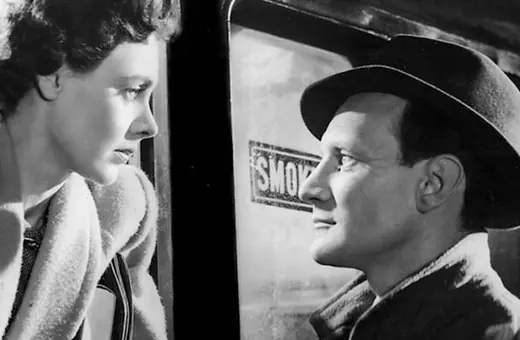My love is as a fever, longing still
For that which longer nurseth the disease,
Feeding on that which doth preserve the ill,
The uncertain sickly appetite to please.
— William Shakespeare, Sonnet 147
Romantic love is a disease, a temporary madness. Obsessive, passionate, it makes us lose sleep and our appetite, it makes us crave another human being, sending us on a rollercoaster of violent feelings that range anywhere from elation to depression. It makes us do crazy things. Indeed, given its psychological profile, one might wonder why it hasn’t been classified as a mental disorder in the DSM-5.
Of course, romantic love is so commonplace that few stop to think of its pathological aspects. But what sort of thing is romantic love? I am not talking about the love for one’s parents, country, pet turtle, or chocolate. I mean instead the kind of love one finds between Romeo and Juliet, Abelard and Heloise, Audre Lorde and Frances Clayton.
Philosophers, such as Robert Solomon and Berit Brogaard, psychologists, such as Phillip Shaver, Hillary Morgan, and Shelley Wu, as well as ordinary people, think that romantic love is an emotion. One reason for this is that emotions are felt. That is, there is a particular feeling to a given emotion. For instance, when we feel afraid, we feel small and wish the frightening thing disappeared. Since fear isn’t typically a pleasant emotion, it is considered to be "negative". On the other hand, when we feel joy, we feel excited, elated, and open to the world. Since it is enjoyable to feel joy, it is "positive". Certainly, romantic love can be felt. However, it is much harder to pinpoint a paradigmatic feeling of love, and characterize it as a positive or negative phenomenon. For it feels thrilling in an anticipation of a reunion, cozy when snuggling on the couch with popcorn and Netflix, deeply intimate when making love, being engrossed in a conversation, or facing adversities together. But it also feels painful and devastating if it is unrequited, agonizing when betrayed, perhaps even shameful when it is directed at someone whom the lover herself deems unworthy. The heterogeneity of the hedonic character of romantic love makes it misleading to identify it as a specific emotion.
It may be objected that emotions like anger and sadness can sometimes feel good, while amusement and pride may occasionally feel bad. However, these instances are exceptions to the rule. Yet, when it comes to romantic love, both positive and negative feelings are just as typical.
Indeed, the rich variety of feelings of romantic love can be explained by the fact that romantic love can be manifested in a number of different emotions: one is happy when the beloved arrives, sad having to separate, afraid of their disapproval, jealous when they give inordinate attention to someone else. All these emotions are manifestations of love. They are tied together into a complex whole. This suggests that romantic love is not just any one emotion but a pattern comprising countless disparate emotions.
___
"In addition to the rich variety of feelings and emotions of romantic love, there are also beliefs, desires, and actions that go with it. All these different behaviors and states of mind constitute the greater phenomenon of romantic love, showing that romantic love is not simply an emotion."
___





















Join the conversation